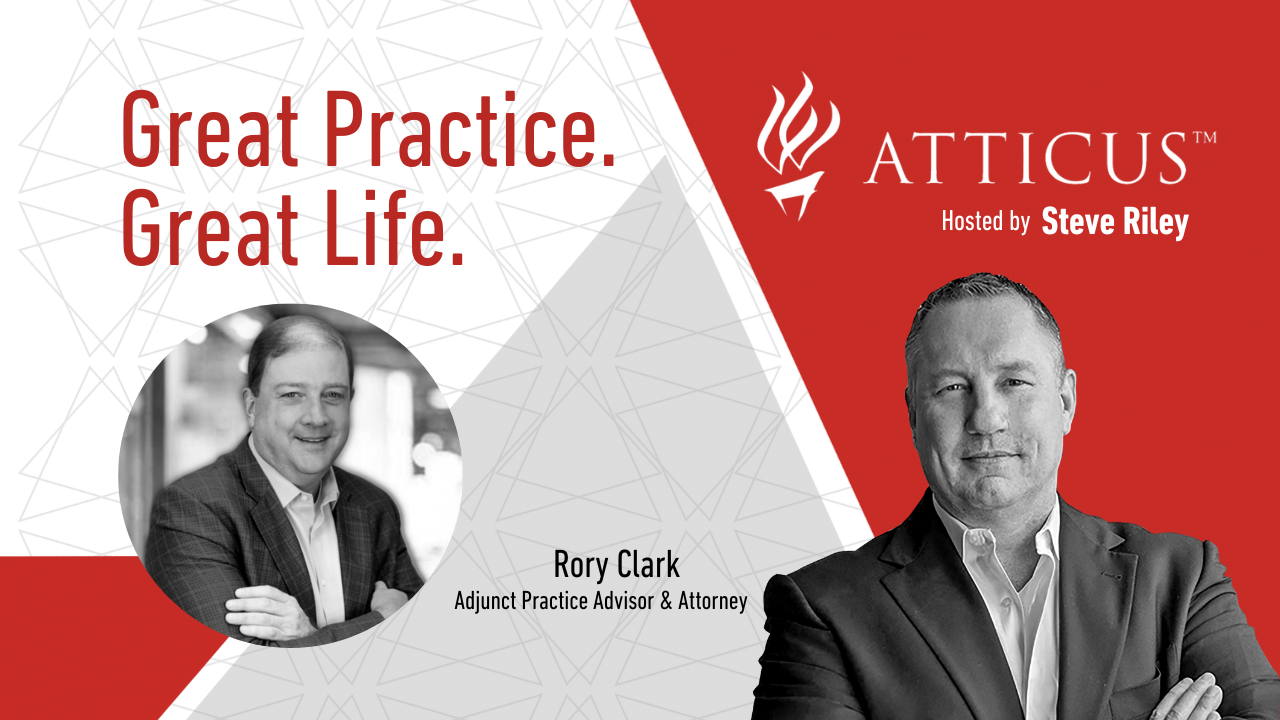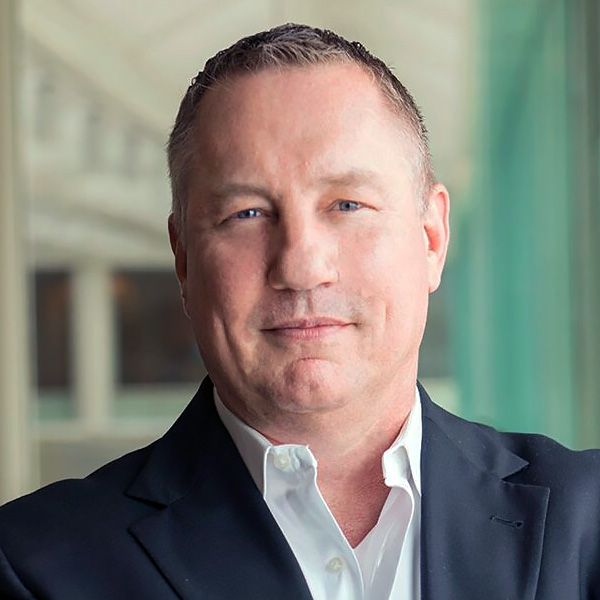
The Power of Necessary Endings: Creating New Beginnings through Strategic Subtraction
Life, like nature, moves in cycles. There are times of growth and prosperity, but there are also times when things need to come to an end. These endings, however, are not always negative. In fact, necessary endings can lead to bold new beginnings.
Embracing Necessary Endings
When we find ourselves stuck in a rut, whether professionally or personally, it might be time to evaluate what needs to end in our lives. A successful elder law attorney, Rory Clark exemplifies how intentionally ending things can lead to growth and new beginnings. Clark made the courageous decision to dismiss false hopes and start from scratch, leading him from being a large firm refugee to owning a thriving law practice.
Saying No: A Powerful Tool
In Clark’s journey, he highlighted the power of saying “no.” Being selective and strategic about what we focus on is crucial. We need to understand the importance of necessary endings and not be afraid to say no when it’s needed. For Clark, his personal journey, including the birth of his son with autism and other family struggles, necessitated a significant shift in his professional path. These experiences led him to transition from traditional law to a multi-disciplinary approach.
Balancing Personal Life and Work
Healthy relationships in both personal life and work settings play a vital role in our overall well-being. It’s important to know when to stay and when to move on. In addition, setting clear boundaries, managing expectations, and embracing constructive criticism can help shape a thriving professional or personal environment.
Navigating Relationships
Knowing when and how to say no in relationships is a skill that can be honed over time. Henry Cloud’s distinctions between a wise person, a fool, and an evil person can guide us in making these decisions. An understanding of these dynamics can help us decide when to stay and when to move on.
Managing Capacity and Mentoring in Business
Understanding the difference between a fool and an evil person can also be applied to interpersonal relationships in business settings. It’s important to model appropriate behavior and provide constructive criticism. Balancing firmness and understanding and giving people the chance to step up and take responsibility can create a healthier working environment.
Leadership and Setting Expectations
Clear boundaries and expectations are essential for success. Leaders should be aware of the need to say no in both personal and professional relationships. Understanding the distinction between a fool and an evil person can guide this process.
In conclusion, the journey to growth and new beginnings often requires necessary endings. Embracing the power of saying no and being strategic about what we focus on can lead us to more fulfilling personal and professional lives. Let Rory Clark’s story inspire us and find the courage to make our own necessary endings and bold beginnings.
If you want to learn more about Great Practice, Great Life®, check out https://atticusadvantage.com/episode044.
Steve Riley
Certified Practice Advisor & Attorney
Steve Riley has coached attorneys for more than 20 years. His one-on-one coaching focuses on a limited number of top producing attorneys committed to taking their practices to new levels of excellence, profit, and personal success. He also presents at group coaching workshops around the country for individual law firms, state bar associations, and other legal organizations.


